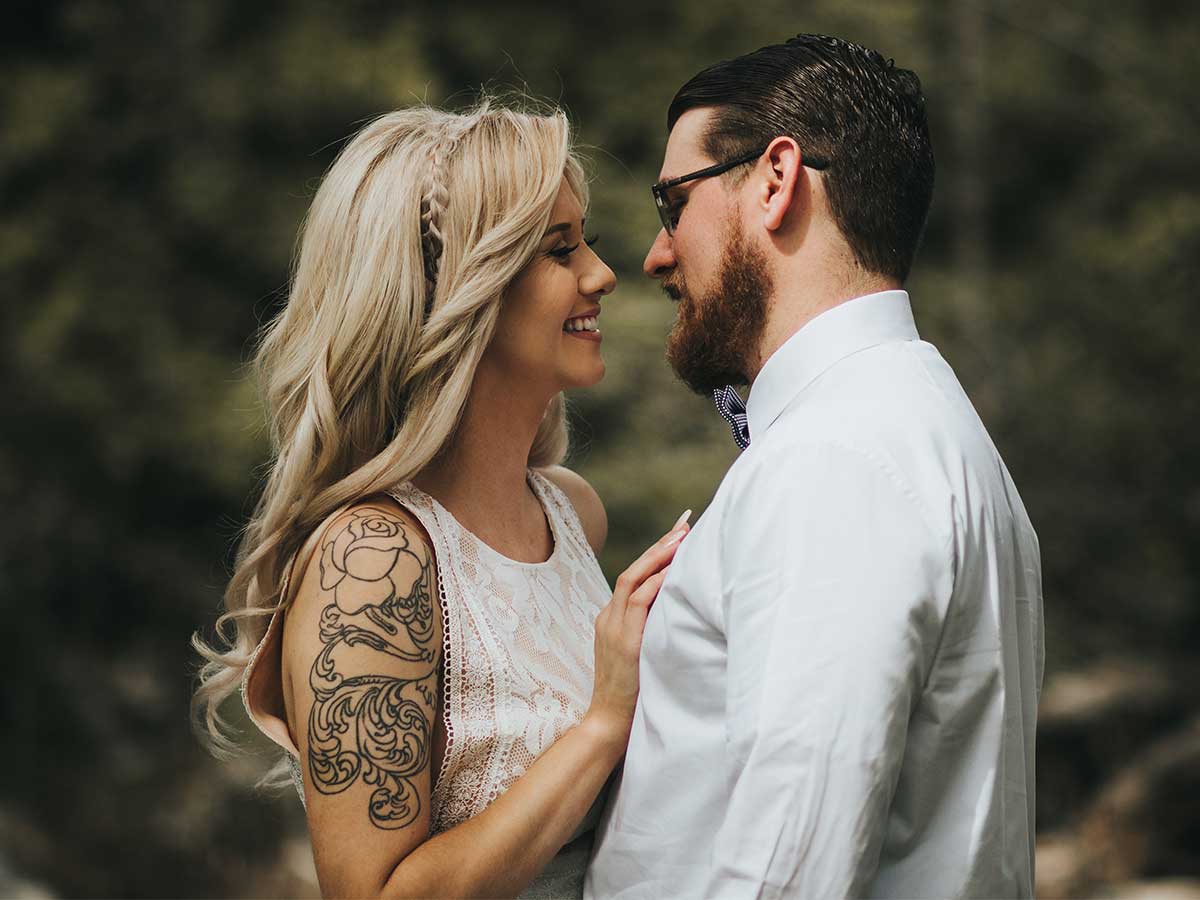Tattoos have become a form of self-expression, a way to showcase one‘s personality and uniqueness. People from different walks of life have been fascinated by tattoos, and have adorned their bodies with intricate designs and symbols. However, the trend of getting tattooed has also come under scrutiny, with critics arguing that it perpetuates harmful stereotypes and promotes a culture of conformity. In this blog post, we will explore the phenomenon of tattoos, their impact on our mind and flesh, and the debates surrounding their place in society. From the historical significance of tattoos to their growing popularity in contemporary culture, we will delve into the complex world of body art and its implications for individual identity and social norms. Join us as we uncover the hidden meanings and messages behind the colorful ink that has covered up our mind and flesh.
History of tattoos- why people started getting them
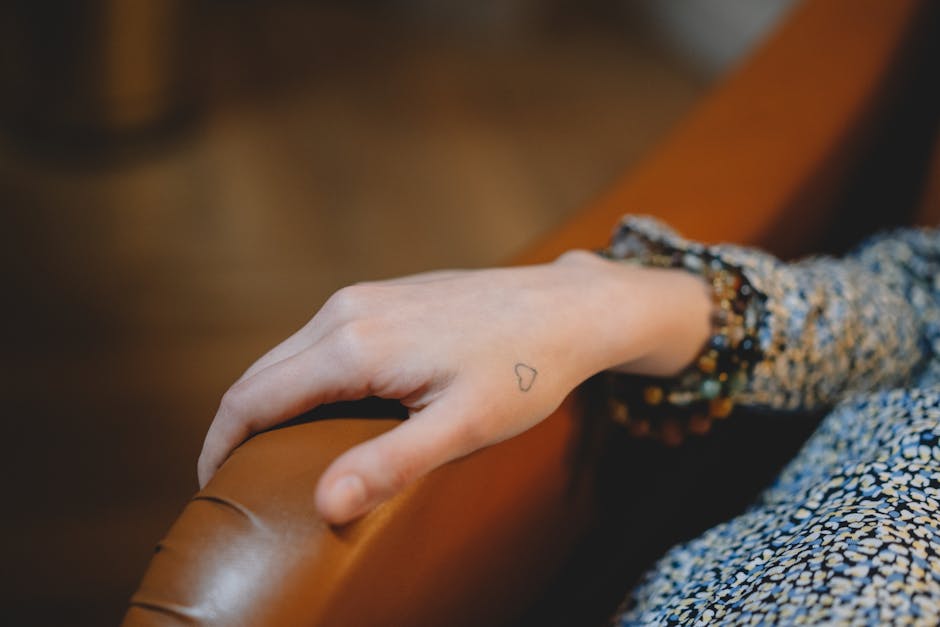
Tattoos have been a part of human history for thousands of years. The oldest preserved body with tattoos was found in Italy and is estimated to be around 5,200 years old. The history of tattoos is complex and varied, with different cultures having different reasons and meanings for tattooing.
One of the earliest known reasons for tattooing was for religious or spiritual purposes. Tattoos were believed to communicate with the gods or spirits and were often used as protection from evil or as a symbol of devotion. In some cultures, tattoos were also used to mark important life events such as puberty or marriage.
In other cultures, tattoos were used as a form of identification. The Maori people of New Zealand, for example, would tattoo their faces to identify their tribe and social rank. Similarly, in Japan during the Edo period, criminals were tattooed with marks to indicate their crimes and serve as a form of punishment.
Over time, tattoos evolved to become a form of self-expression and personal style. Today, people get tattoos for a variety of reasons such as honoring a loved one, expressing their individuality, or simply because they appreciate the art form.
Regardless of the reason or meaning behind the tattoos, they have become a permanent part of our culture and society.
The psychology behind getting a tattoo- why people choose certain designs
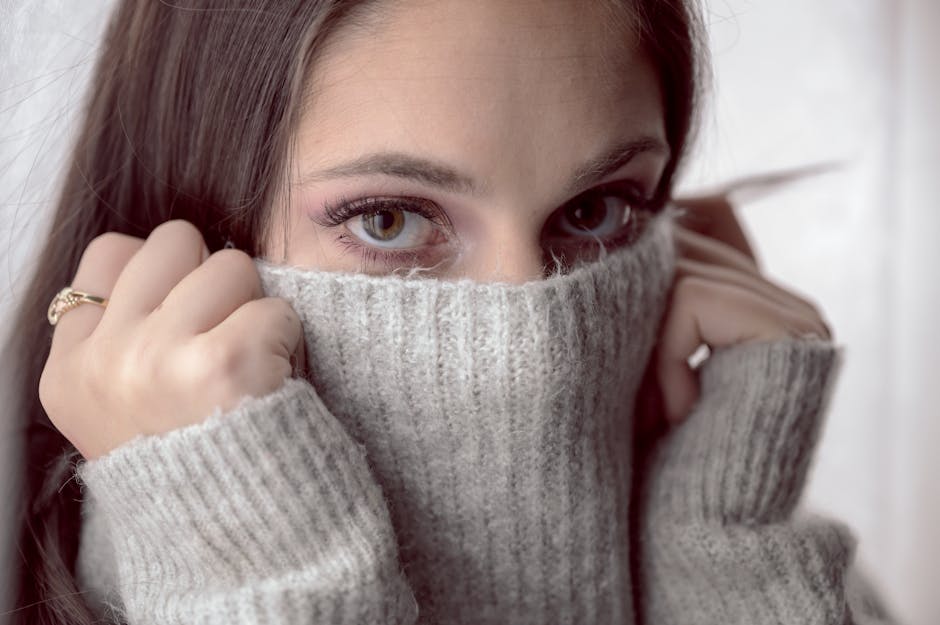
Tattoos have become increasingly popular in recent years, with more and more people opting to get inked. However, have you ever wondered why people choose certain designs or symbols for their tattoos? The psychology behind getting a tattoo can offer some insight into this common question.
Firstly, tattoos can serve as a form of self-expression. People may choose designs that represent their personality, beliefs, or experiences. For example, someone who values freedom may get a bird tattoo. Similarly, someone who is religious may get a tattoo of a cross.
Secondly, tattoos can act as a form of identity. People may choose designs that reflect their sense of self or belonging to a particular group or community. For instance, someone who is a fan of a certain music genre may get a tattoo of their favorite band’s logo. Alternatively, someone who is proud of their heritage may get a tattoo of a national symbol.
Lastly, tattoos can also serve as a way of coping with past experiences or trauma. People may choose designs that represent healing, strength, or resilience. For example, someone who has overcome an illness may get a tattoo of a butterfly – a symbol of transformation and renewal.
In conclusion, a tattoo can be a deeply personal and meaningful decision for someone to make. The psychology behind why people choose certain designs can range from self-expression to coping mechanisms. Ultimately, the design a person chooses for their tattoo is a reflection of who they are and what they value.
The risks and dangers of tattoos- infections, allergic reactions, etc.

Getting a tattoo is a decision that should not be taken lightly. One should always remember that tattooing involves puncturing your skin with needles and injecting ink into it. This process carries several risks and dangers that people should consider carefully.
Tattoo infections are the most common risk associated with getting a tattoo. If the needle used during inking is contaminated, it can introduce bacteria into the wound and cause an infection. People with tattoos are also at risk of contracting bloodborne diseases like Hepatitis B and C and HIV if the tattoo equipment is not sterilized correctly.
Allergic reactions to tattoo ink are also common. The various chemicals used in tattoo inks can trigger allergic responses in the skin and cause rashes, itching, and even severe blistering. Moreover, getting a tattoo can also cause skin reactions, like keloids, especially in people with sensitive skin types.
In conclusion, getting a tattoo may seem like a fun and creative way to express oneself, but it also carries significant risks and dangers. It’s essential to do proper research before deciding to get a tattoo to ensure you’re not putting your health and safety at risk.
The permanency and regret factor- what if you change your mind?
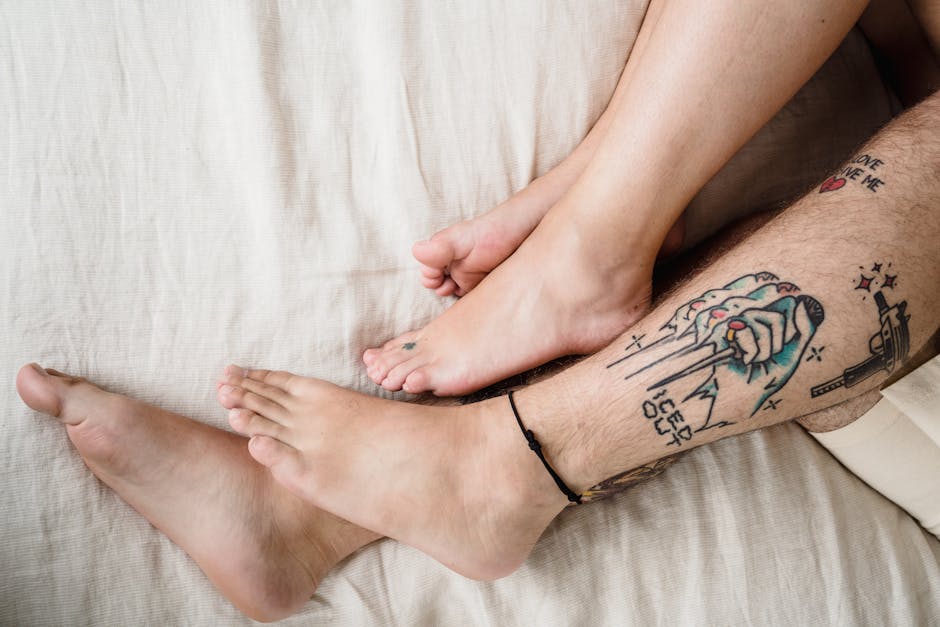
Getting a tattoo is a lifetime commitment. Once the needle has done its job, you will be left with something that will be with you until the end of your days. While some people do not have any issues with this, others find this kind of permanence daunting.
The regret factor is also a significant concern when it comes to getting a tattoo. You may have had a specific design in mind when you got the tattoo, but what happens if your taste changes with time? Furthermore, human beings are prone to making mistakes. You might get a tattoo in honor of your significant other, only to break up with them later on. These are just a few examples of how tattoos can end up causing regret.
It is important to take the time to consider the long-term implications of getting a tattoo. Consider whether you are comfortable with the idea that this one image or phrase will be with you forever. Additionally, ensure that you choose a design that is meaningful enough to stand the test of time and that you can confidently say you will love even years down the line.
Ultimately, it is up to you to decide whether getting a tattoo is worth the potential regret down the line. Take your time and think it through carefully before going under the needle.
Why tattoos can be seen as a form of self-expression

Tattoos have become increasingly popular throughout the world, as a form of self-expression. For many individuals, tattoos represent a way to express their individuality and unique personality. People use tattoos to convey their beliefs, life experiences, identity or simply just to decorate their skin. A tattoo can represent a significant moment, a tribute to someone special or even simply a beautiful piece of art. The decision to get a tattoo is personal, and it’s important to choose a design that resonates with you. Done thoughtfully and with care, tattoos can be a beautiful form of self-expression that stays with you for a lifetime.
How tattoos can hurt job prospects – discrimination in hiring
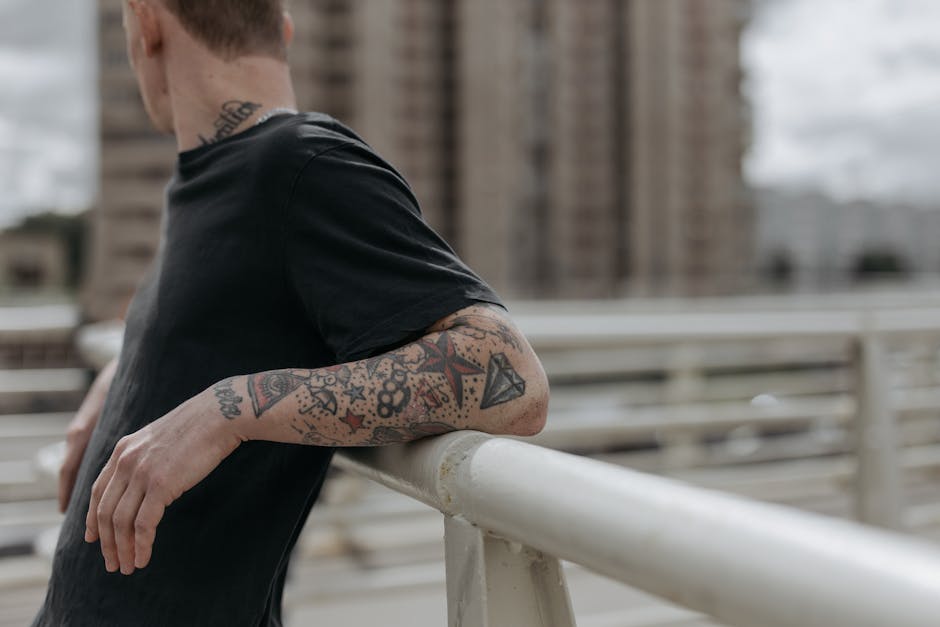
Many employers are still reluctant to hire people with visible tattoos, despite the widespread acceptance of body art in contemporary culture. In fact, having tattoos can hurt one’s prospects at a potential job. This kind of discrimination is not only unfair but also outdated, as tattoos are becoming increasingly common and accepted in mainstream society. It is understandable that some employers might prefer a more conservative appearance, but discrimination based on tattoos is no different than discrimination based on gender, race, or religion. People should be judged based on their qualifications and job performance, not based on their appearance or personal choices. The only exception should be if the tattoos are offensive or inappropriate, which is subjective and can be determined on a case-by-case basis. It is time for employers to realize that tattoos are simply another form of self-expression, and they should not be used as a basis for discrimination in the hiring process.
The cultural significance of tattoos in various societies

Across different cultures and societies, tattoos have held a significant meaning and have been used as a form of expression. In some societies, tattoos symbolize strength, bravery, and loyalty, while in others they are an expression of spirituality and religious beliefs. The tradition of tattooing has been passed down from generation to generation, and for some, it is seen as a rite of passage. In many Indigenous cultures, tattoos are a sign of identity and cultural pride. In Japan, the art of traditional tattooing, known as irezumi, dates back to the Edo period and is seen as a form of art and beauty.
Throughout history, tattoos have also been used as a form of rebellion and resistance against societal norms. Tattooing has been tabooed in many societies, leading many to get inked as a form of defiance and personal expression. In contemporary culture, tattoos have become a widespread form of self-expression, with people getting inked for various reasons, ranging from personal memories to cultural symbols.
As tattoos continue to gain popularity, it is essential to appreciate the cultural significance and history behind the art form. It is also crucial to acknowledge the ongoing issues of cultural appropriation and respect the communities from which the art form originates. By recognizing the importance of tattoos in various societies, we can appreciate the beauty and significance of the art form while respecting the cultural origins and significance behind it.
Alternatives to tattoos- temporary tattoos, henna, etc.

There are several alternatives to permanent tattoos for those who aren’t sure if they want to commit to a design for life or who are looking for a less invasive option. One popular option is temporary tattoos, which can last up to a week depending on the quality and application method. These tattoos come in a variety of designs and styles, making them a great option for those who want to experiment with different looks.
Another popular alternative to permanent tattoos is henna. Henna is a plant-based dye that has been used for centuries to create intricate designs on the skin. Unlike permanent tattoos, henna tattoos only last a few weeks and gradually fade away over time. Henna tattoos are also less harmful to the skin than traditional tattoos, as they don’t involve any needles or puncturing of the skin.
If you’re looking for a more modern take on temporary tattoos, you may want to try out semi-permanent tattoos. These tattoos are made with a special ink that fades over time, typically lasting between six months to a year. Semi-permanent tattoos can be applied by a professional tattoo artist or with a DIY kit at home.
Ultimately, there are a variety of alternatives to permanent tattoos that can provide a similar aesthetic without the lifelong commitment. It’s important to weigh the pros and cons of each option before making a decision, but these alternatives can provide a fun and experimental way to decorate your skin without the potential risks and regrets of permanent tattoos.

